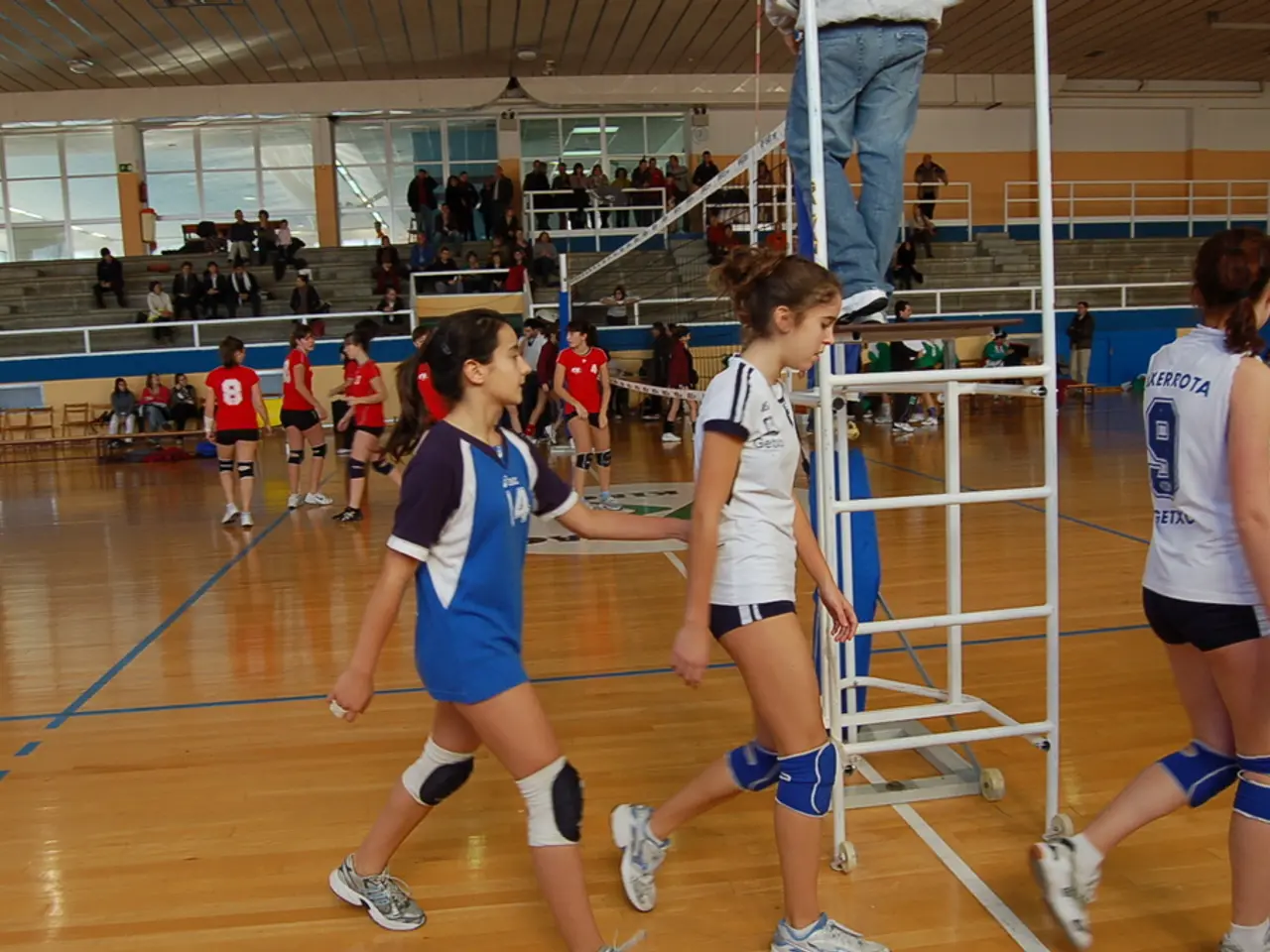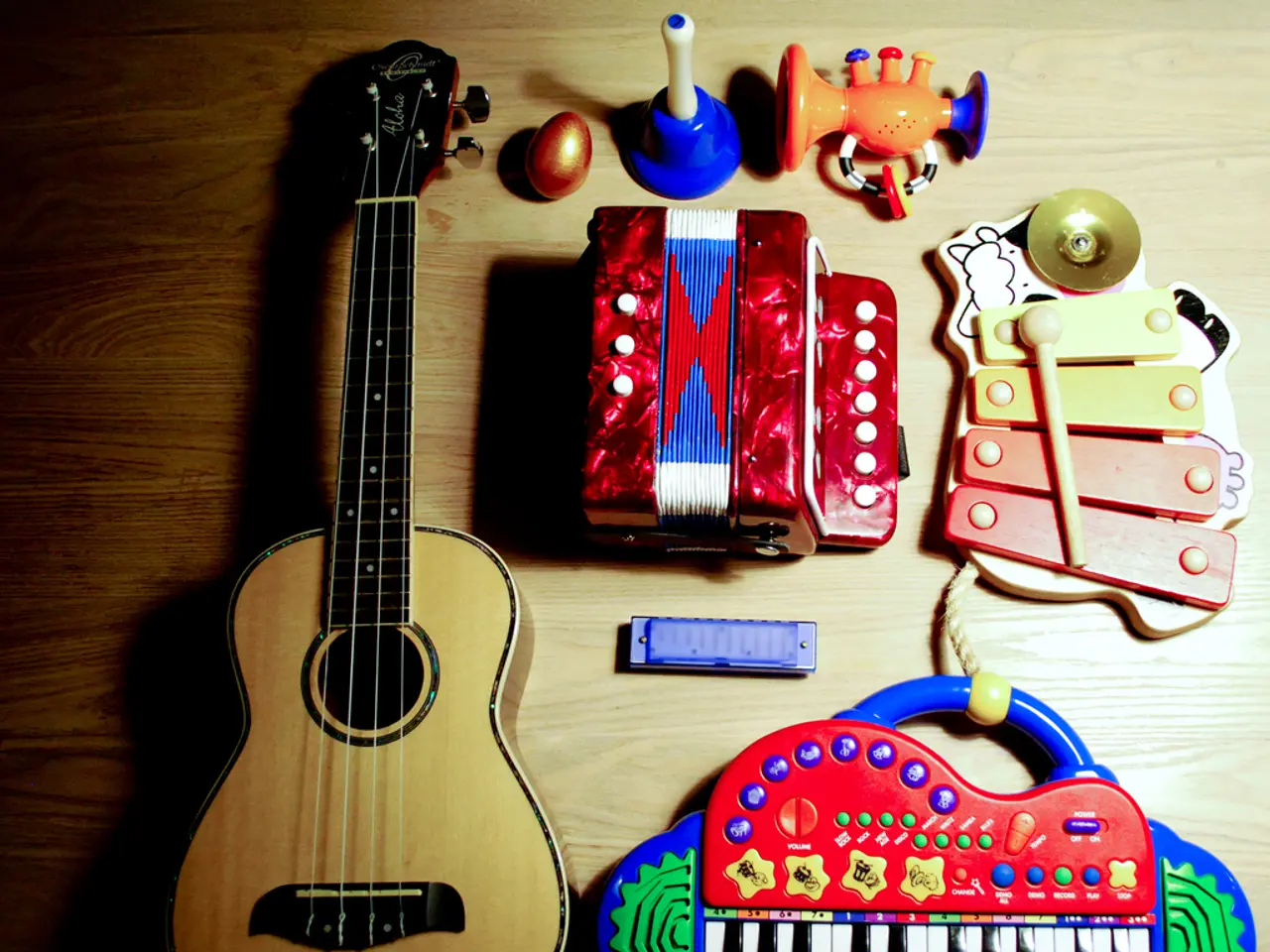A Swimmer's Nightmare: Nazism, Slander, and the Digital Maelstrom
World's top champion Kohler is being driven mad by Chinese automated bots
Facebook Twitter Whatsapp E-Mail Print Copy Link
After a tough fourth-place finish at the Olympic Games, world champion swimmer Angelina Koehler couldn't shake off a bitter taste-this time aimed at the bronze medalist from China. The ensuing hate messages and Nazi imagery would send her life spiraling, leaving her Feelings of paranoia and anxiety.
Koehler, a 24-year-old swimming phenom, recounted the ordeal: "I felt a vicious barrage of hate, in English and German. I was dubbed a Nazi and barraged with photos displaying Hitler salutes. It was twisted further, with claims that my ADHD diagnosis meant I was popping pills like Ritalin. But I don't touch a single one of those tablets!"
Koehler admitted her life had drastically changed. "This shit has left its mark on me," she told "Sport Bild". "As I prepare for upcoming competitions like the World Championships in Singapore, I'm confronted with apprehension. What if I'm heckled by the Chinese team? What if a hostile crowd greets me in Singapore?"
Olympic Shadows
Koehler placed fourth in the 100m butterfly at the Games. The coveted bronze went to the controversial Chinese swimmer Zhang Yufei, a name that would later be associated with doping allegations[2]. The controversy stemmed from a list published by ARD, which identified Zhang as one of 23 swimmers who allegedly tested positive for the heart medication Trimetazidine at a national competition in China early 2021[3]. However, despite the mounting scrutiny, Zhang managed to secure her medal.
Koehler, ever the sportsman, acknowledged the presumption of innocence but couldn't suppress the bitterness: "She's got the medal now, and she's earned it. But it sure tastes sour, and I hope truth prevails."
"Persecution" in Digital Waters
Koehler is now reluctant to go it alone, even as the hate messages have subsided. "This digital torment has encroached upon my daily life," she said. "It's like I'm living with a paranoia complex. I won't drink from a bottle unless it's carefully watched to make sure it hasn't been tampered with."
Koehler called for better support from the German Olympic Sports Confederation (DOSB), expressing a desire for a designated contact person to turn to in times of need. "I just wish the DOSB wouldn't abandon us athletes," she said.
Source: ntv.de, sue/dpa
- Cyberbullying
- Doping
- DOSB
- China
- 2024 Olympic Games in Paris
- Artificial Intelligence (AI)
Insights:
- AI Protection: To safeguard athletes from cyberbullying and hate speech during major events like the Olympics, the Paris Games will feature an AI-powered system intended to monitor, mitigate, and shield athletes from harmful content[1].
- Digital Security: In addition to physical security, the 2024 Olympics will prioritize cybersecurity, using AI to identify and neutralize digital threats, thereby minimizing the risk of cyberbullying[4].
- International Collaboration: The IOC and other international bodies work closely to address issues such as hate speech and cyberbullying, promoting athlete safety and well-being[5].
- Amidst the growing concern for athletes' well-being, the 2024 Olympic Games in Paris will introduce an AI-powered system to monitor, mitigate, and shield competitors from harmful content, in an attempt to prevent cyberbullying incidents like the one experienced by Angelina Koehler.
- With increasing focus on both physical and digital security, the upcoming 2024 Olympic Games in Paris will prioritize cybersecurity, employing AI to identify and neutralize potential digital threats, aiming to minimize the risk of cyberbullying cases similar to those reported in the recently concluded Olympic Games, such as the one involving Angelina Koehler.








